Precision medicine is fast emerging as a transformative force across the Organisation of Islamic Cooperation (OIC) countries.
By harnessing breakthroughs in genomics, biotechnology, and artificial intelligence, these nations are laying the groundwork for a future of personalized prevention and treatment.
Several Muslim-majority nations are developing large-scale, population-specific genetic databases to tackle regional health challenges — particularly inherited and chronic diseases.
While disparities in infrastructure and research capacity persist, growing investments in biomedical innovation, digital health, and scientific training are positioning OIC countries to enhance health outcomes, lower costs, and strengthen self-reliance in medical science.
“The rise of individualized medicines is going to be a massive boom for the pharmaceutical industry - imagine a future where treatments are tailored to the unique genetic and biological makeup of each of the planet’s eight billion people,” Richard Staynings, chief security strategist at US-based Cylera, tells Salaam Gateway.
To make large-scale personalization feasible and affordable, he adds, the sector will need to embrace “advanced automation, artificial intelligence, and data-driven manufacturing at unprecedented levels.”
Malaysia’s leap into genomic medicine
Malaysia is emerging as a regional leader in integrating precision medicine into its healthcare system through collaboration between academia, government, and the private sector.
In 2024, the Ministry of Science, Technology and Innovation and the Ministry of Health launched the MyGenom Project, to conduct large-scale genome sequencing and build a national genomic reference database that reflects the country’s ethnic diversity.
“This genomic infrastructure will strengthen Malaysia’s capacity for precision medicine, enabling more accurate disease prediction, personalized treatment, and improved pharmacogenomics,” Fadzhairi Jabar, CEO of Malaysian biotechnology company Arcadia Life Sciences tells Salaam Gateway.
Institutions like the Universiti Kebangsaan Malaysia Medical Molecular Biology Institute are spearheading clinical research on how genetics interact with environmental factors to influence disease, paving the way for tailored healthcare solutions.
Private-sector partnerships are also taking shape. Prudential Malaysia, for example, is working with healthcare providers to include precision medicine in cancer treatment plans, improving accessibility and affordability.
“Growing collaboration among government, academia, and industry, and supported by initiatives like the MyGenom Project and Clinical Research Malaysia, is driving progress in genomics, pharmacogenomics, and clinical trials across the OIC country,” says Jabar.
Malaysia’s multicultural makeup - comprising Malay, Chinese, Indian, and indigenous populations - presents both opportunity and challenge.
“This diversity enables the development of a rich, representative national genomic reference that can address gaps in global datasets and improve understanding of population-specific health risks,” says Jabar.
“It also supports efforts to reduce adverse drug reactions and enhance outcomes in chronic diseases such as cardiovascular, diabetes, and cancer. However, ensuring equitable representation of all ethnic groups remains a key challenge.”
AI and big data are central to these efforts. Programs like MyGenom integrate genomic, clinical, and population data for predictive analytics.
“Arcadia Life Sciences contributes by developing multi-omics biomarker platforms that combine genomic, proteomic, and metabolomic data with AI-driven analytics,” Jabar adds.
“This enables discovery of disease-specific biomarkers and supports pharmacogenomics and personalized treatment.”
The company is now working with universities, hospitals, and research institutes locally and abroad to validate biomarkers and embed AI into clinical workflows - a move expected to boost Malaysia’s bioinformatics and translational research capacity.
GCC: A genomic frontier
Across the Gulf, precision medicine is rapidly evolving.
The UAE has emerged as a frontrunner, combining national programs with global partnerships involving AbbVie, AstraZeneca, and Harvard Medical School to develop diagnostics and advance personalized therapies. Its Emirati Genome Program, launched in 2019, has already sequenced more than 800,000 genomes, making it one of the world’s most comprehensive genetic datasets.
The personalised precision medicine programme for oncology has supported over 250 Emirati cancer patients through genomic screening and individualized care.
These efforts form part of Abu Dhabi’s Healthcare Life Science Vision 2030, which seeks to position the emirate as a global hub for precision medicine. The city’s Declaration on Longevity and Precision Medicine, launched in 2024, outlines a blueprint for integrating AI and genomics into mainstream healthcare.
Abu Dhabi showcased AI-powered diagnostic tools for early detection of chronic diseases like diabetes and cancer, at this year’s tech jamboree, Gitex. Integrated with the health information exchange platform, Malaffi, these innovations enhance data sharing and clinical coordination.
In January, researchers at Dubai’s Mohammed Bin Rashid University of Medicine and Health Sciences published a milestone study based on 53 individuals that strengthens the UAE’s National Genome Strategy. By March, the Emirates Genome Council was outlining plans to use genomic data to enhance public health outcomes.
Meanwhile, the Saudi Human Genome Program continues to advance the country’s personalized medicine capabilities by building a vast national genetic database. Institutions like King Faisal Specialist Hospital & Research Centre are pioneering genetic diagnostics and CAR-T cell therapies, while the King Abdullah International Medical Research Center leads gene therapy trials for rare diseases.
Saudi Arabia's embrace of AI-driven pharmacogenomics and digital health tools — including the world’s first diabetes command center launched recently — underscores its vision improve patient outcomes.
Meanwhile, Qatar has become a model for precision medicine integration. The Qatar Genome Programme has sequenced more than 30,000 citizens and 3,000 Arab residents, establishing critical datasets for regional populations.
The newly formed Qatar Precision Health Institute is translating these findings into clinical practice, expanding pharmacogenomics implementation, and training healthcare professionals.
In 2024, Hamad Medical Corporation launched a pharmacogenomics initiative that embeds genetic testing into prescribing practices, enabling more effective drug therapy.
Smarter diagnostics and early detection
Early detection remains a cornerstone of precision medicine, aiming to identify disease long before symptoms emerge.
The UAE is pushing the frontier with AI-enhanced tools and screening programs like Detectiome, a multi-cancer test, capable of identifying tumors at their earliest stages. Saudi Arabia’s Food and Drug Authority has also approved an in vitro diagnostic test for early detection of Alzheimer’s disease - a 20-minute, non-invasive plasma biomarker assay hailed as a major step forward.
Radiology, too, is being transformed. “In radiological medicine, procedures that once relied on traditional CT scans to perform contrast tomography now use far lower doses of radiation,” says Staynings. “This produces a darker image that a radiologist can still interpret, but which can also be enhanced through AI technologies.”
The result, he explains, is sharper imaging that can detect subtle cellular changes — early indicators of tumor development invisible to the naked eye.
“That is a huge advantage, especially for fast-growing populations across the Muslim world, where the costs of managing millions of additional patients with chronic diseases could be enormous,” he adds.
“If we can prevent those diseases from ever manifesting themselves, we can save national health systems billions of dollars.”
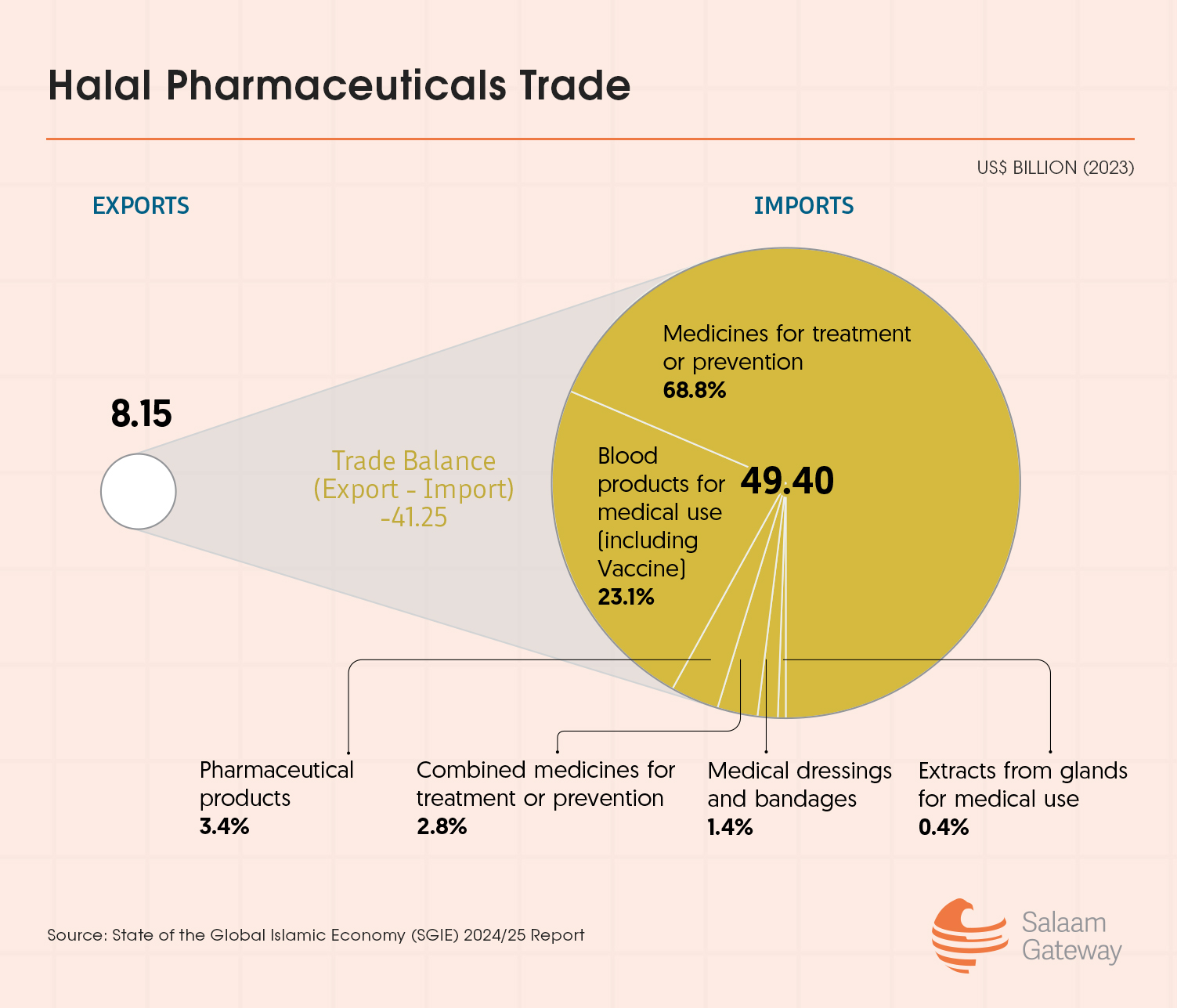

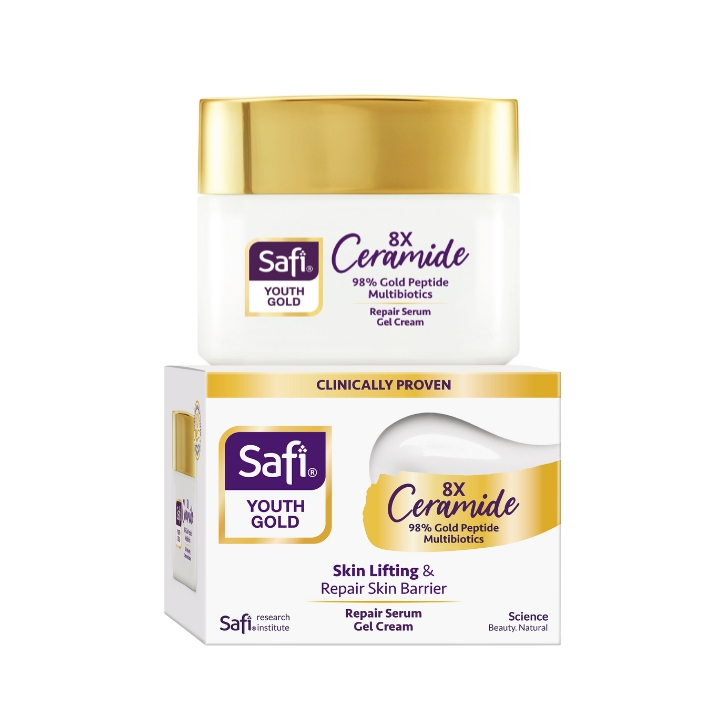

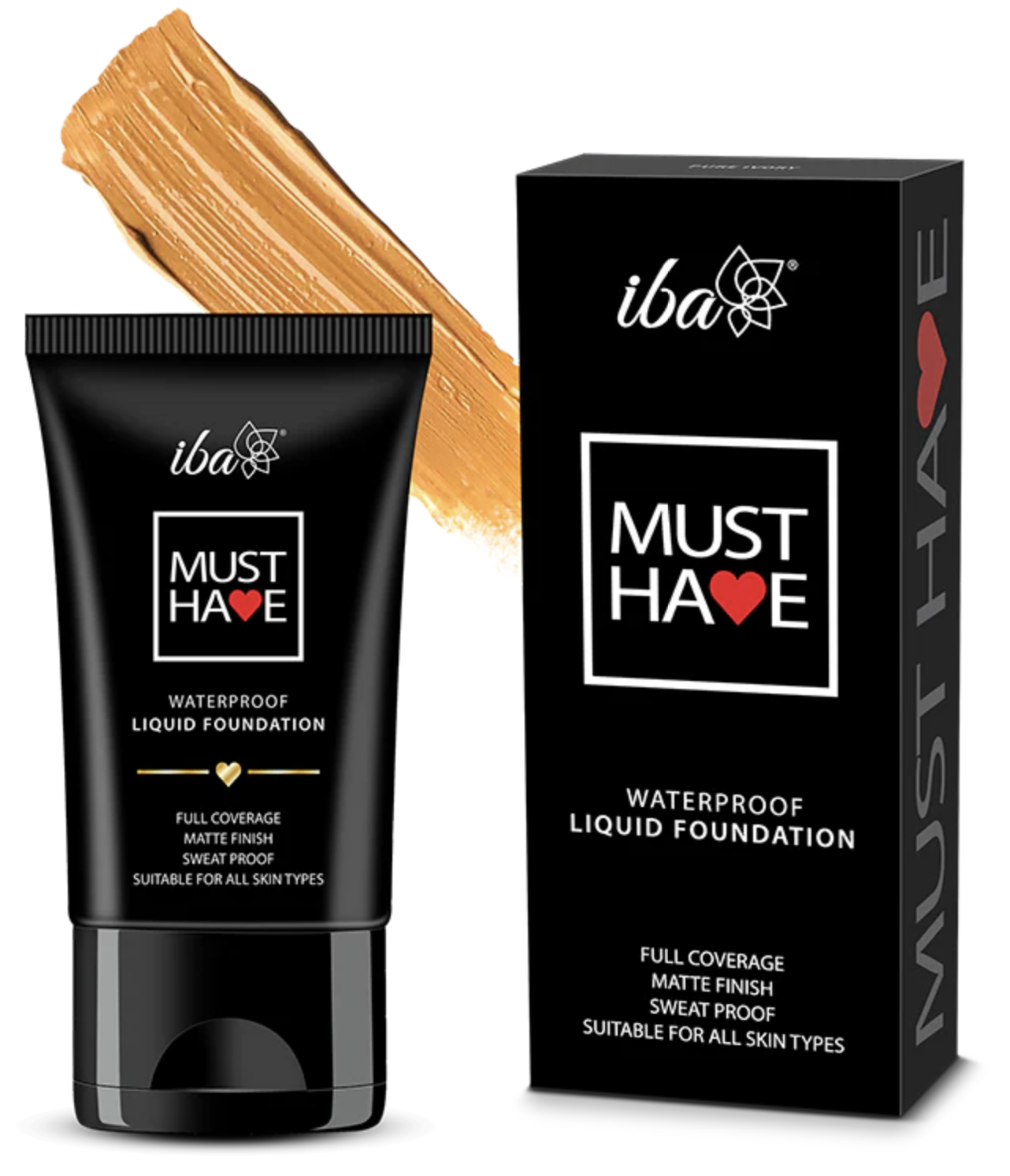


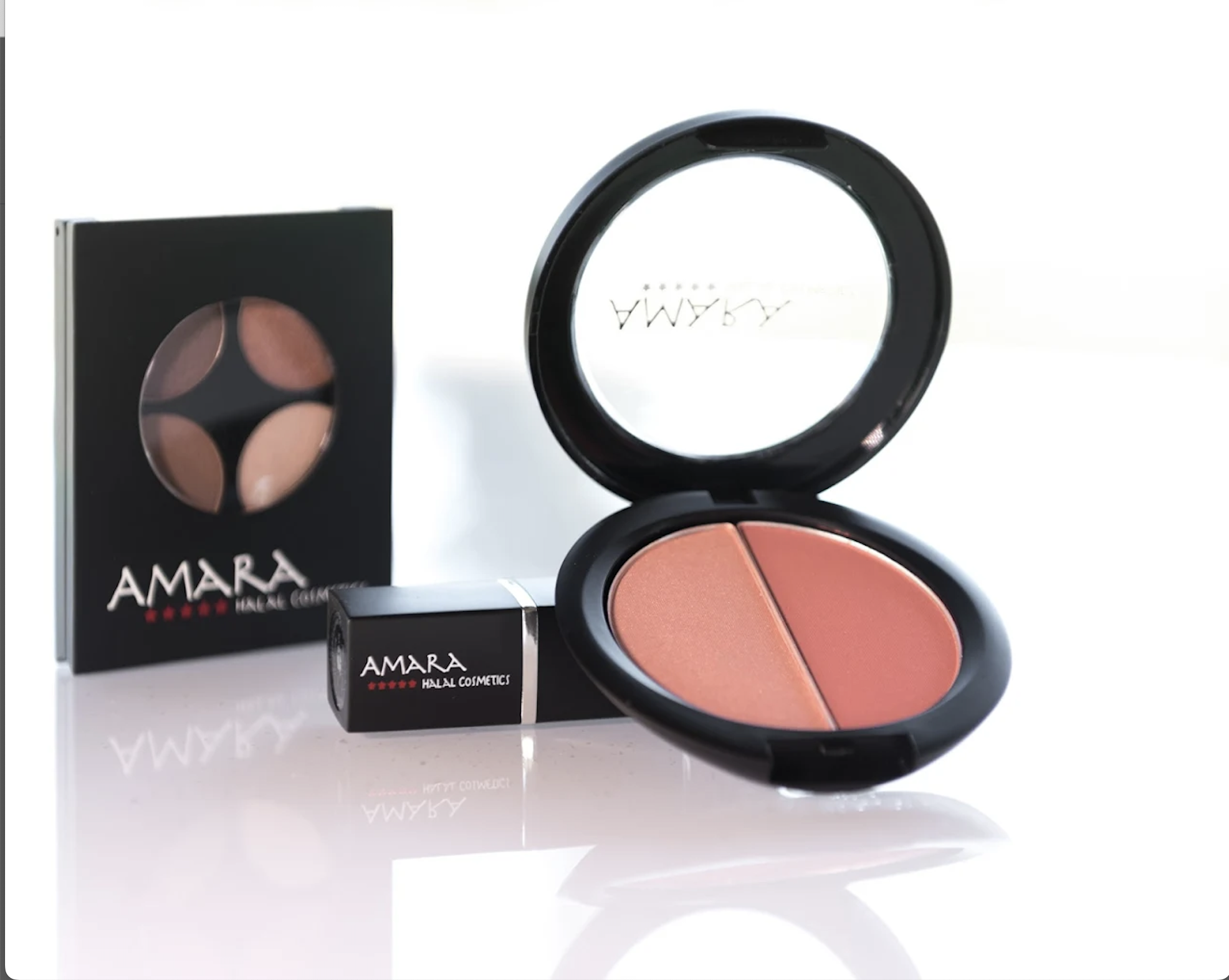
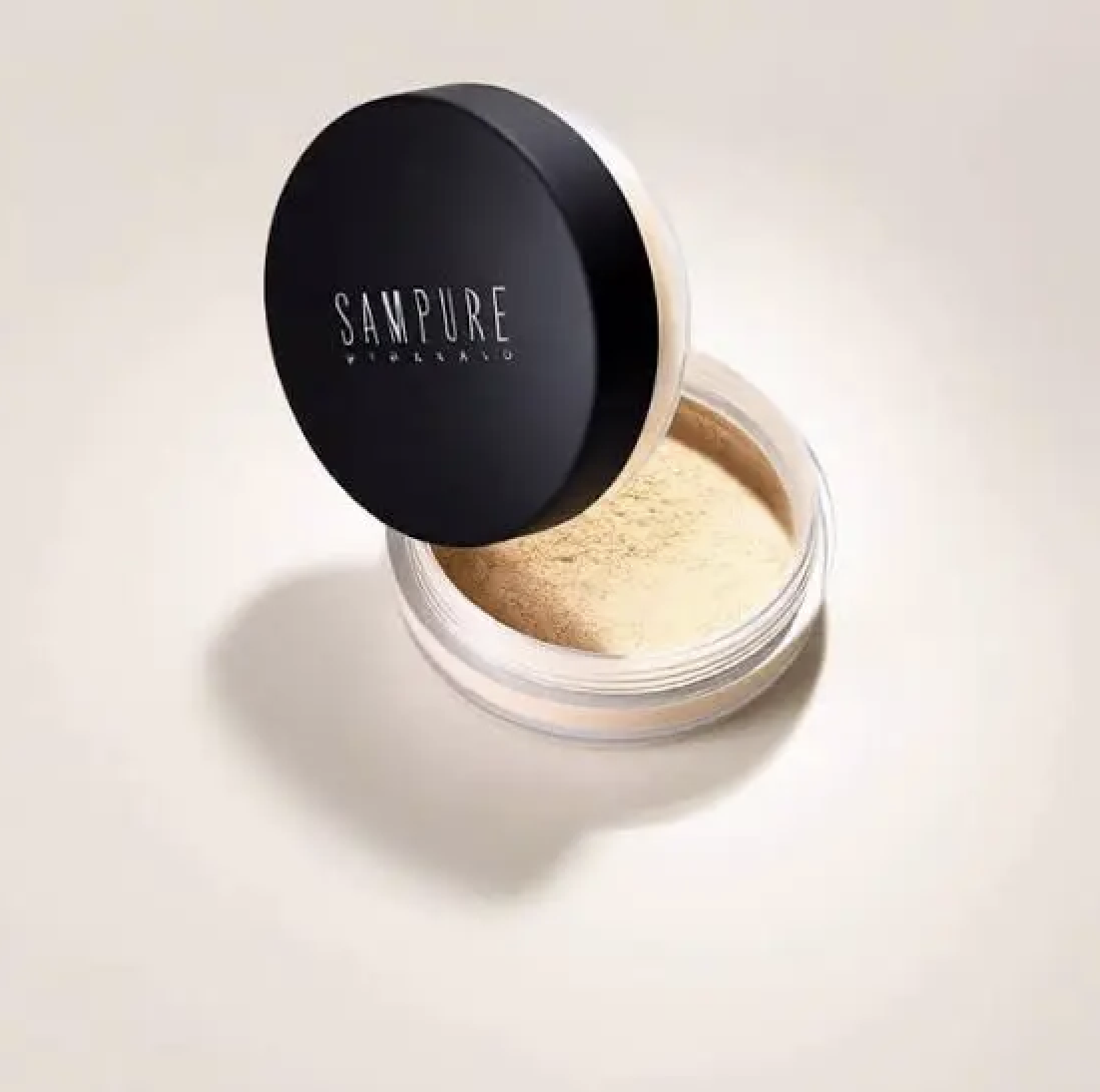
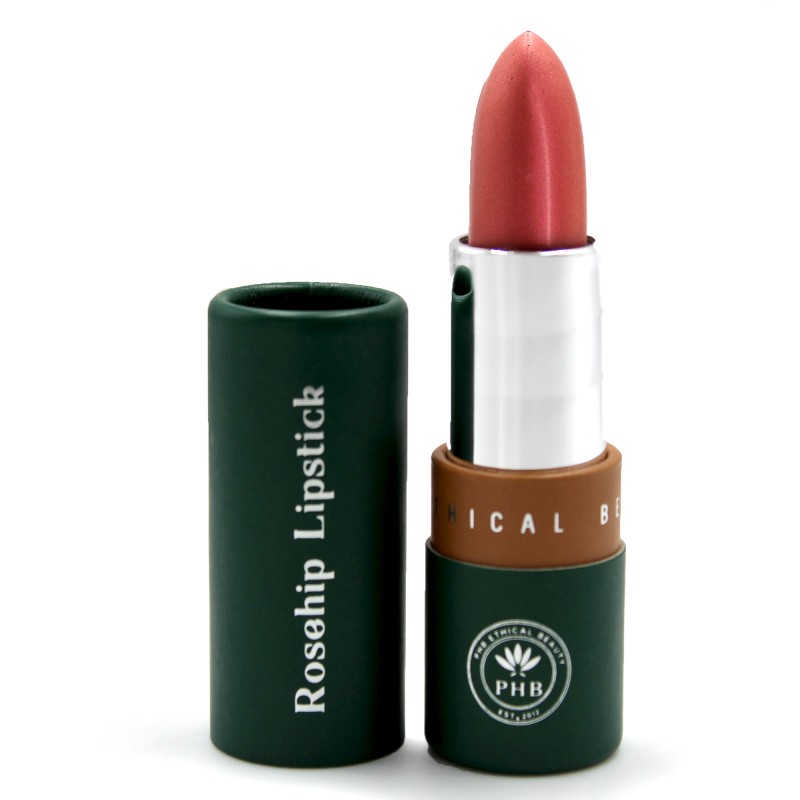

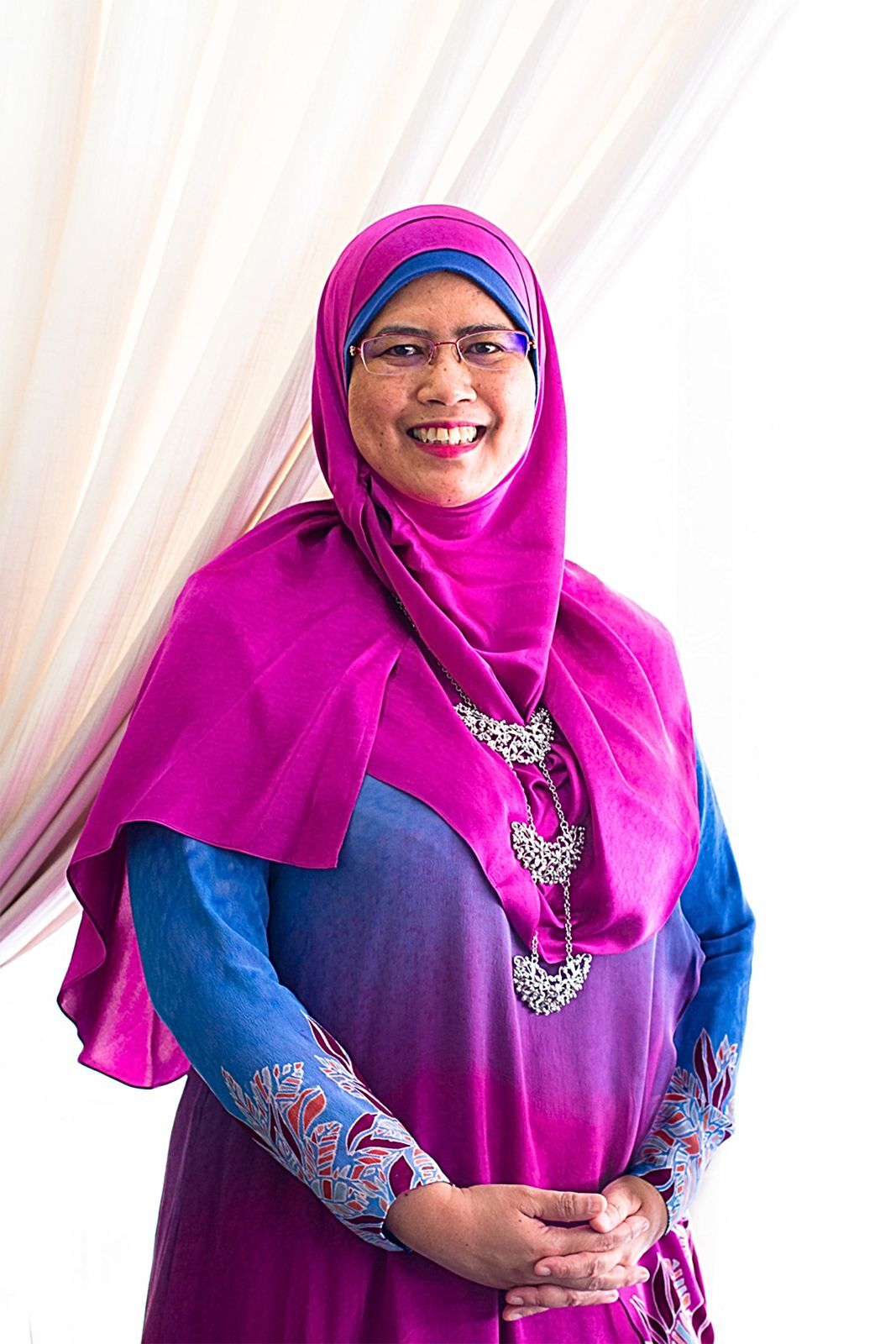 One of the biggest global challenges is fragmented standards. How do we solve this?
One of the biggest global challenges is fragmented standards. How do we solve this?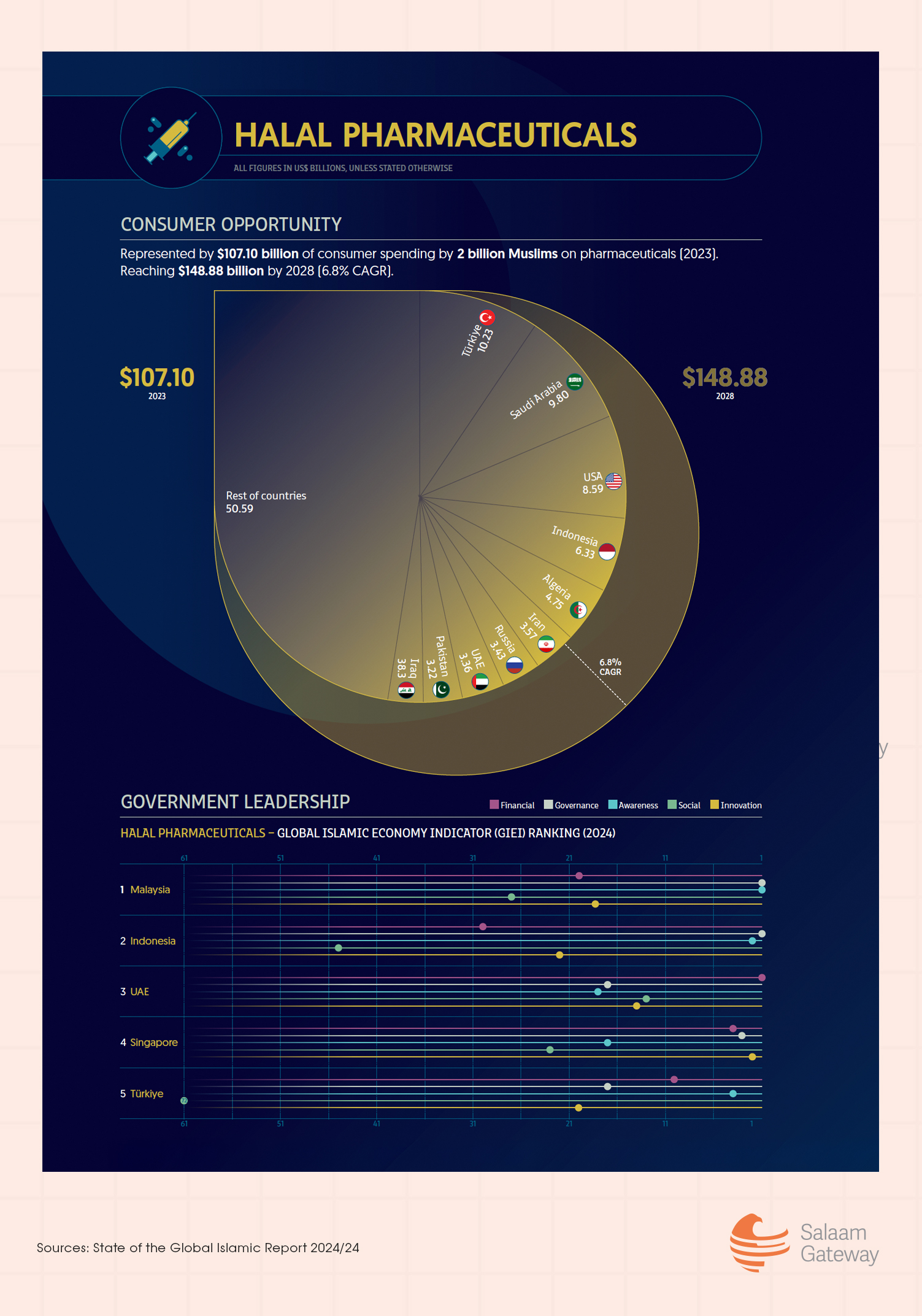
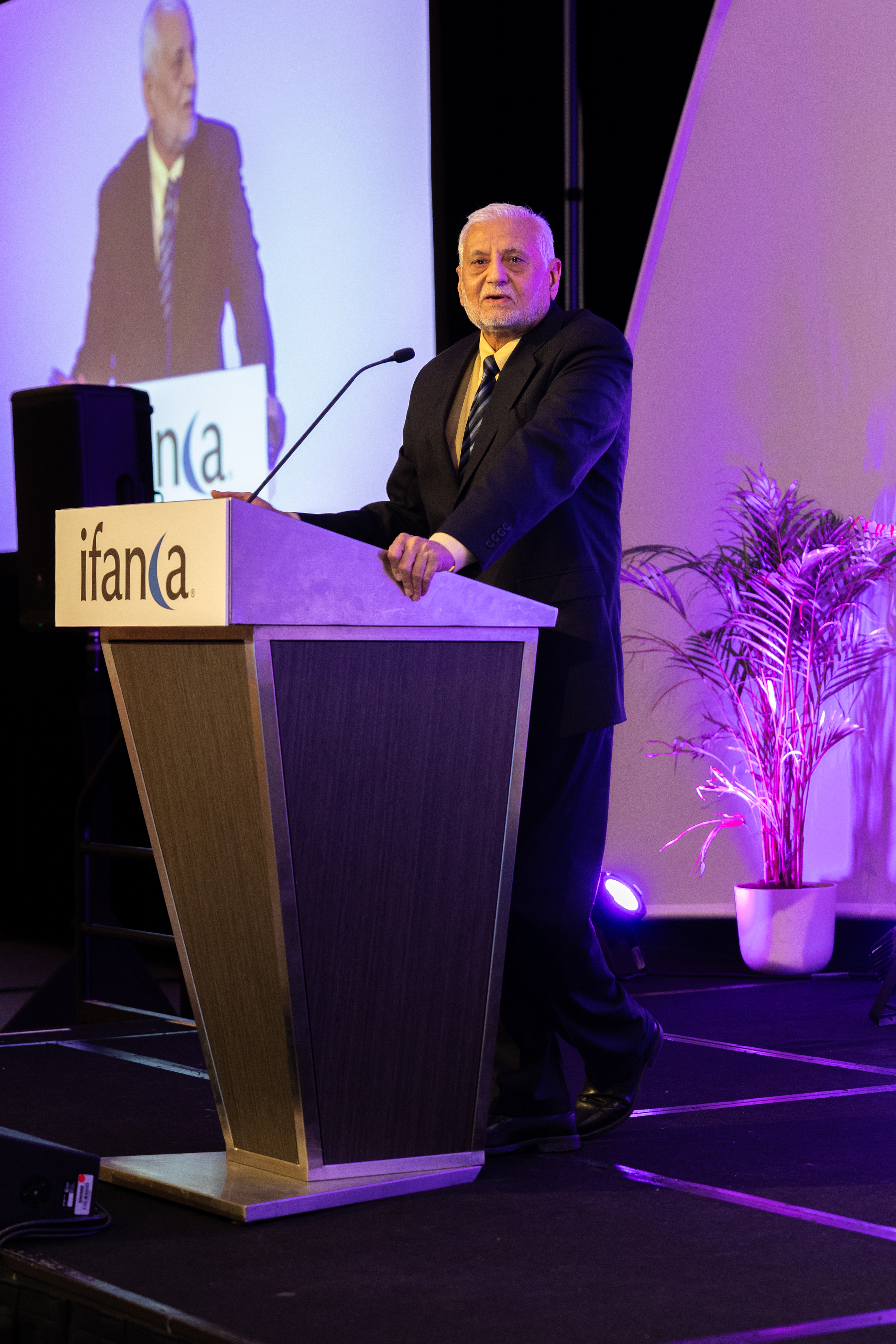
.jpg)